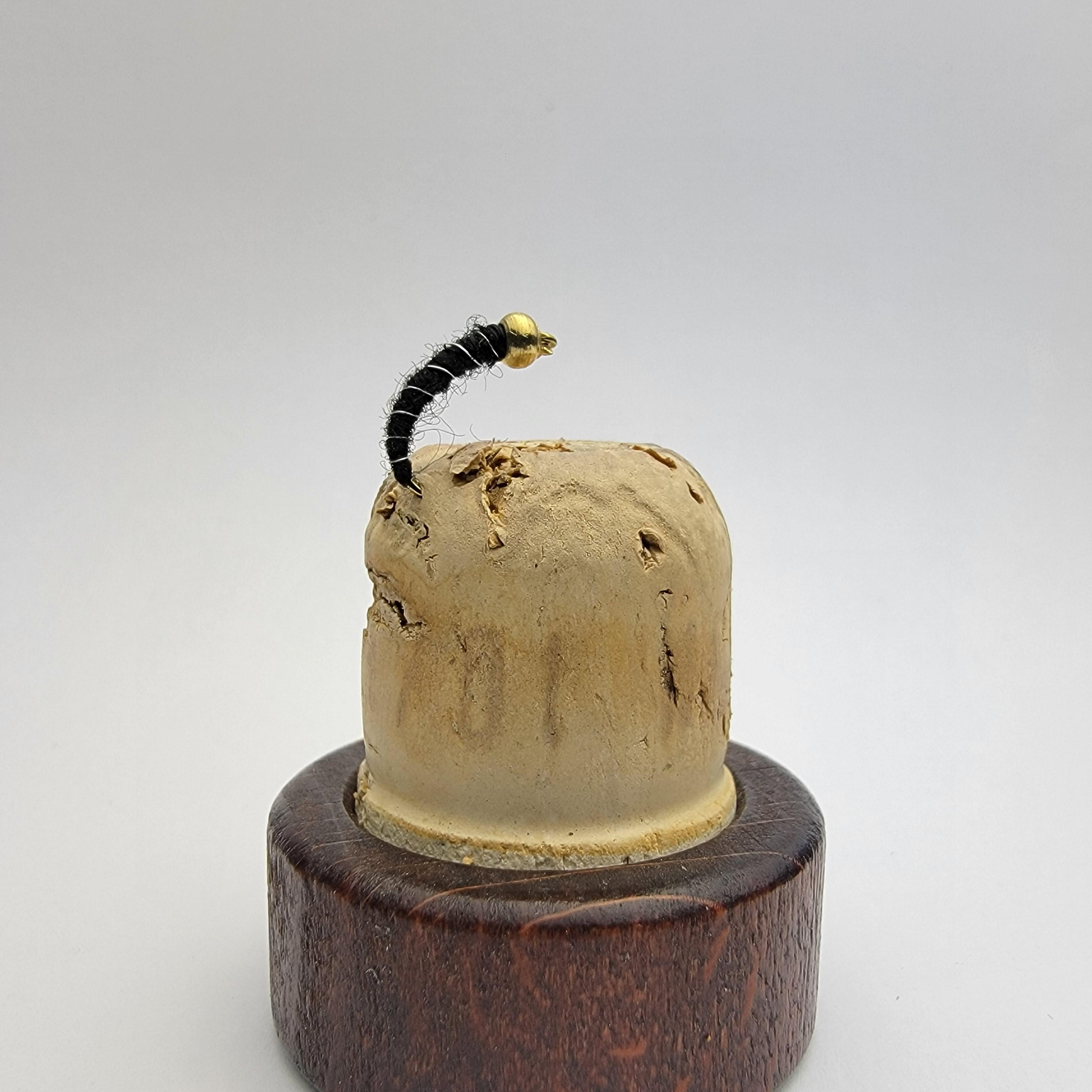Listen to the Audio Overview
Winter doesn’t kill trout appetite. It just narrows it. Colorado’s November to February window is a season of tiny bugs, slow water, and strategic strikes. Most anglers guess wrong because they bring summer logic into cold water. This guide breaks down what trout actually eat in winter, why it works, and how to rig it across Clear Creek, Cheesman, Deckers, Waterton, Dream Stream, the Blue, and the Yampa.
What This Guide Covers
• The only six bugs trout consistently eat in winter
• The exact sizes that get eaten in cold water
• Best winter rig setups for pressured fish
• How flows and temps change feeding behavior
• How to adjust flies for each river in your weekly rotation
Why Winter Fishing Works
Winter water compresses trout into slower, deeper, more predictable zones. Bugs shrink. Presentations slow. Trout still feed, but they stop wasting calories. This is why small midges, sparse baetis, and light rigs outperform everything else for four months straight. If you can match that behavior, you can fish all winter with confidence.
The Only Flies That Matter This Winter

This is the condensed version of what’s producing across all your priority rivers.
Core Winter Midges
Black Beauty 20 to 24
Top Secret Midge 20 to 22
Mercury Midge 20 to 22
Manhattan Midge 20 to 22
Core Winter Baetis
RS2 20 to 22
WD40 20 to 22
Barrs BWO 20 to 22
Scuds and Winter Staples
Scuds Tan or Olive 16 to 18
Mini Leech 10 to 12
Kreelex 8 to 10
These are the flies that will catch fish every day from Deckers to the Dream Stream to Clear Creek until mid March.
The Winter Rig That Works Everywhere
.png?width=600&height=400&name=fly%20fishing%20in%20colorado%20(52).png)
Colorado Winter High-Precision Midge Rig
9 or 10 ft 5x
Top fly: Mercury Midge 20
Dropper: Top Secret Midge 22
Smallest possible indicator
One micro shot 6 inches above the top fly
This rig fishes consistently in all low-flow rivers from Cheesman to Boulder Creek.
Where To Fish It: River by River
Dream Stream
Sight nymph inside shallow troughs between 11 am and 2 pm.
Deckers
Hit slow edges and bubble lines near cliffs.
Cheesman Canyon
Focus on the microphone seams and 18-inch deep buckets.
Clear Creek
Tiny pocket water full of small, eager winter fish.
Waterton Canyon
Deep edges around the diversion and second bridge.
Blue River Silverthorne
Tailwater constant midges, perfect for high-precision rigs.
Yampa at Steamboat
Low crowds and consistent winter midging.
What Changes When Flows Drop
-1.png?width=600&height=400&name=fly%20fishing%20in%20colorado%20(8)-1.png)
When flows fall below 100 CFS (Dream Stream, Deckers, Yampa, upper Gunnison):
• Indicators get smaller
• Rigs get shallower
• Presentations slow down
• Trout stack tighter to the bottom
• Midge patterns dominate 90 percent of the day
What Changes When Temps Drop
Water temps under 40 shift trout into:
• deeper, slower buckets
• inside bends
• foam lines
• shelf ice edges around midday
This is when your smallest midge patterns start to win.
Gear That Makes Winter Fishing Easier
• Polarized glasses in amber
• Wool gloves with cutouts
• Rubber soles for ice
• 9 to 10 foot leaders for better reach
• Tiny yarn or pinch indicators
Quick Answers to Common Winter Questions
Does winter fishing slow down?
Yes, but the bite stays consistent from midday forward.
Do trout still rise?
Only to midge clusters on warm, calm days.
Can trout see bigger flies?
Yes, they just refuse them because calories in do not equal calories out.
Do streamers still work?
Sparsely. Best under clouds.
Is winter wading dangerous?
Yes, shelf ice and sudden drops form fast. Move slow.
Final Takeaway
Winter fly fishing is not harder. It is simply narrower. If you build your winter fly box around midges, baetis, and scuds, and you fish slow edges during the midday window, you will outfish almost everyone you meet on the river from now through February.
.png?width=300&height=100&name=Copy%20of%20Rise%20Beyond%20Logo%2012.31.24%20(300%20x%20100%20px).png)
.png)
.png?width=2752&height=1536&name=unnamed%20(76).png)

-1.png)